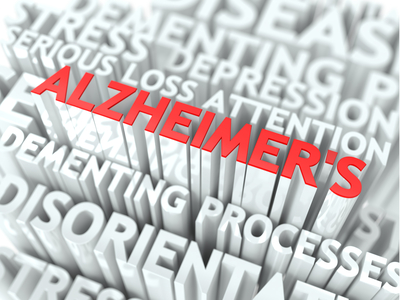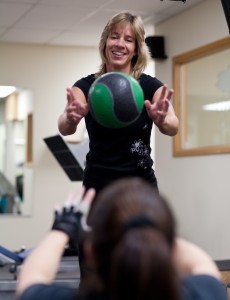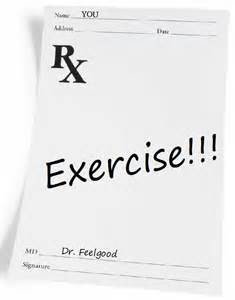Strategies to Enhance Cognitive Fitness
O ften when we hear the term “fitness” – we automatically think of our physical health. Being mentally fit is equally as important. Cognitive fitness is a state of optimized ability to reason, remember, learn, plan and adapt that is enhanced by certain attitudes, lifestyle choices, and exercises. Better cognitive fitness translates into the ability to make better decisions, solve problems, and deal with stress and change. Neurogenesis is the process of developing new chemical messengers called neurons in the brain. This process can be profoundly affected by how you live your life. Here are eight strategies to help you facilitate the process of neurogenesis and have optimal cognitive functioning:
ften when we hear the term “fitness” – we automatically think of our physical health. Being mentally fit is equally as important. Cognitive fitness is a state of optimized ability to reason, remember, learn, plan and adapt that is enhanced by certain attitudes, lifestyle choices, and exercises. Better cognitive fitness translates into the ability to make better decisions, solve problems, and deal with stress and change. Neurogenesis is the process of developing new chemical messengers called neurons in the brain. This process can be profoundly affected by how you live your life. Here are eight strategies to help you facilitate the process of neurogenesis and have optimal cognitive functioning:
Daily Physical Activity: Aerobic activity for 30 minutes, three times per week helps improve brain blood flow and enhances memory performance. Regular exercise also releases brain chemicals called endorphins which reduce feelings of depression.
Be Open to New Experiences: Have you ever wanted to learn to play golf or sing in a choir? Participating in experiences that are unfamiliar and mentally challenging will strengthen neural connections in your brain.
Be Curious and Creative: Participating in arts and crafts projects leads to innovative thinking, and musical training may improve function and connectivity of different brain regions. It’s always a great time to take up painting, poetry, or piano!
Develop Meaningful Relationships: Studies have shown that the health consequences of feeling lonely can trigger psychological and cognitive decline – as well as alter immune cells and increase feelings of depression. Make every effort to engage with other people whenever possible.
Get Enough Sleep: Healthy sleep consolidates learning and memory and is necessary for clear thinking and optimal brain function. It is easier to sleep well in a peaceful and natural environment free of clutter.
Reduce Chronic Stress: Chronic stress produces a hormone called cortisol that can damage the brain. Chronic stress can also trigger long-term changes in brain structure that can lead to cognitive decline. Healthy ways to relieve stress include deep breathing, physical exercise, or talking with a trusted friend or family member.
 Eat Specific Healthy Foods: Food plays a vital role in the health and proper functioning of the brain. Strive to eat real, whole foods such as fruit, vegetables, whole grains and lean meats – and drink eight 8oz bottles of water each day to keep brain cells hydrated. Apples, avocados, blueberries, unsalted nuts, broccoli and brown rice are great food choices for brain health.
Eat Specific Healthy Foods: Food plays a vital role in the health and proper functioning of the brain. Strive to eat real, whole foods such as fruit, vegetables, whole grains and lean meats – and drink eight 8oz bottles of water each day to keep brain cells hydrated. Apples, avocados, blueberries, unsalted nuts, broccoli and brown rice are great food choices for brain health.
Regular Learning: Continual learning is one of simplest methods to boost brain function. The size and structure of neurons and the connections between them actually change as you learn. Learning can include studying a new subject, travelling to a different place, learning a foreign language or participating in a new volunteer activity.
Practicing these strategies along with having a positive attitude will not only enhance your cognitive fitness, but also your quality of life!
Carisa Campanella, BA, AS, is an ACE Health Coach and ACSM Personal Trainer. She is the Program Manager at the Neuro Challenge Foundation for Parkinson’s. Neuro Challenge provides ongoing monthly support groups and educational programs, individualized care advising and community resource referrals to help empower people with Parkinson’s and their caregivers.








